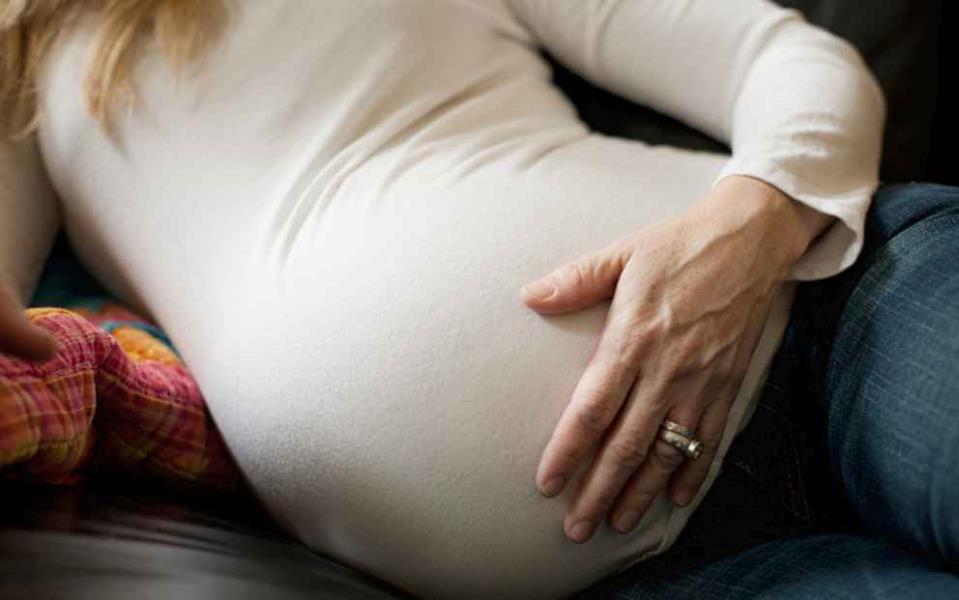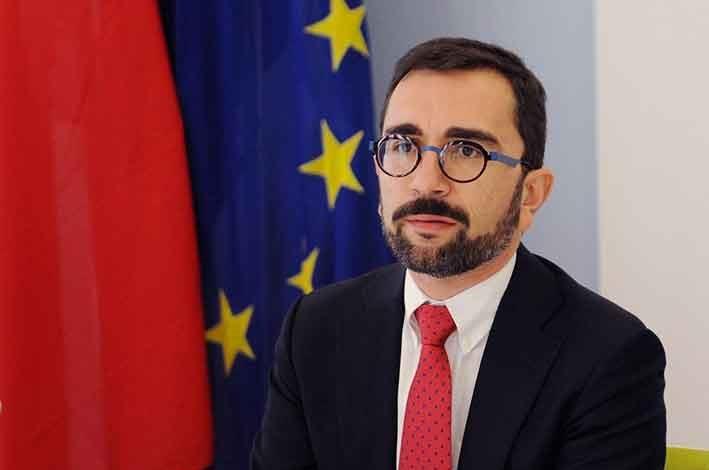Three academics brought to Malta by pro-life groups on issues surrounding gamete donation and surrogacy butted heads with stakeholders when making presentations before parliament's health committee.
Life Research Unit, a pro-life NGO, in collaboration with Sallux, an association for the European Christian Political Movement (ECPM) organized a debate before the parliamentary health committee as part of the wider debate on proposed amendments of embryo protection act. Three academics presented their peer-reviewed studies and academic research in the fields of surrogacy and gamete donation.

Dr E.E. Esme Wiegman-van Meppelen Scheppink, Dr Christophe Foltzenlogel both discussed surrogacy while Dr. Joanna Rose primarily spoke about gamete donation.
A representative from LNF said that this was "organized independently of politics", stressing that "informed discussion is an essential part of the democratic process, it is not about rushing through laws to give people what they want. Gamete donation and surrogacy are very sensitive issues."
Rose spoke of the "anguish" that many donor offspring have been "born into". She described her experience of being a product of gamete donation, and how she was born into an ultra-liberal family. She spoke of becoming sad when hearing a famous song "Annie you're not my daddy" upon discovering her father is not her genetic one.
She wrote a thesis on the practices of sperm donation. "There is very little to counter the conflict of interest of infertility clinics", she told the parliamentary health committee.
"There is an ethical and moral duty to assist offspring of gamete donation".
"People from donated embryos are 'snowflake babies. It is sold in a neat package - 'my daddy's name is donor' - as if that is an appropriate name..Our genetic fathers are reduced to these numbers".
"This is about the circumvention of childlessness. There is a right to have a child outside reproduction capacity, there is no vetting of prospective parents, there is a push for re-regulation. There is this notion of existential debt where you would not be here if it weren't for it so you better be grateful."
Highly respected gynaecologist Mark Sant refuted Rose's assertions as being merely opinion by highlighting extensive studies by psychologists and psychiatrists on the psychological adaptation of gamete donation offspring based on well-established criteria.
Rose had described an experience where a friend who is the product of gamete donation was diagnosed with Irritable Bowel Syndrome when it transpired that she had stage four hereditary bowel cancer and ultimately died from it.
A study was also referred to where it was found that when two people are genetically related but unaware of this there is a possibility of sexual attraction to occur. The notion of everybody having the right to have a child is extended to include having their own child or someone else's child.
Foltzenlogel presented many European court of human rights cases to support his view not to recommend gamete donation. He says that in order to solve the conflict arising in other countries whereby anonymity is guaranteed for gamete donation to avoid conflict with parents however people are legally awarded the right to know their genetic history is not to permit the practice.
Wiegman-van Meppelen Scheppink questioned if the "deep-rooted" desire for people to have children and whether this should supersede all other rights.
She said that no ethically viable processes have been implemented to appropriately attract gamete donators and surrogates.
"The intended parents pay for all costs, creating intense pressure for agencies to find client".
Surrogacy is heavy promoted by the stagnating infertility industry.
"The name of your law is the embryo protection act, if gamete and surrogacy donation are introduced, this will not protect the embryo due to several ethical implications. Your current laws protect the rights of the unborn child."

Silvan Aguis, from a human rights government directorate, decried the organisations behind speakers' presentations for pushing homophobic, anti-IVF agendas. He said that a debate on whether to allow anonymous donation or not is welcome, however, slamming the service in its entirety goes against many human rights principles.
Gaby Calleja from the Malta Gay Rights Movement said that without such services gender discrimination is taking place within the context of same-sex parenting. When asked, Calleja said that she personally agrees with anonymous donation for same-sex couples, but that medical history should be made available.